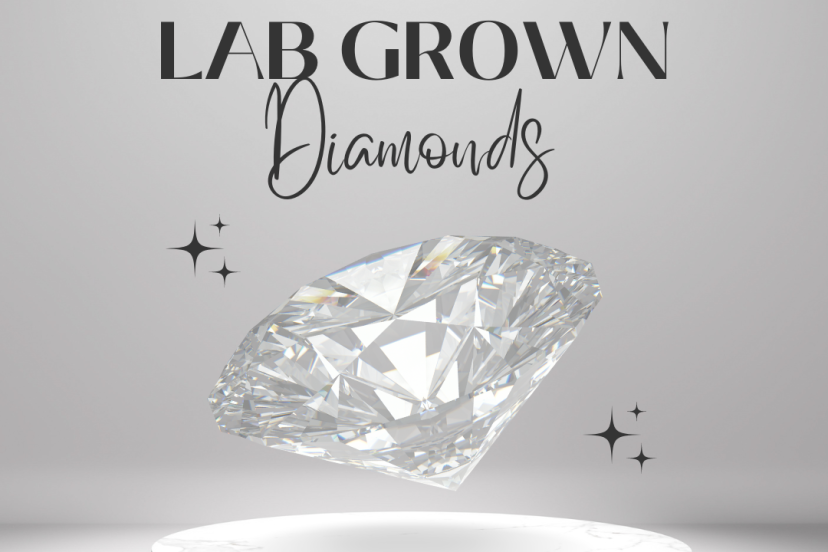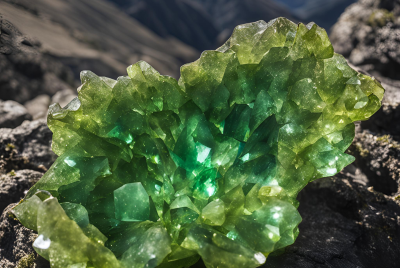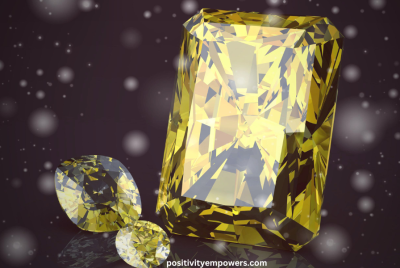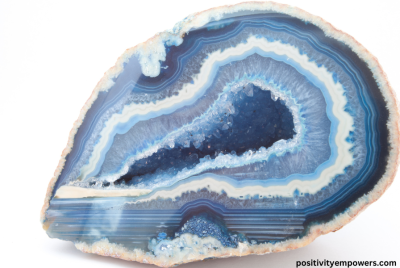Lab Grown Diamonds – A Sparkling Alternative to Natural Diamonds at a Fraction of the Cost
Lab Grown Diamonds vs. Natural Diamonds – Which One Should You Choose?
Diamonds have long been cherished for their beauty, durability, and timeless appeal. But in recent years, lab grown diamonds have emerged as a popular alternative to natural diamonds. Whether you’re shopping for an engagement ring, a sparkling necklace, or a pair of dazzling earrings, the choice between these two diamond types can feel overwhelming. So, how do you decide? Let’s dive into the sparkling world of diamonds and explore the key differences between lab-grown and natural gemstones to help you make a more informed decision.
Lab Grown Diamonds: Innovation Meets Luxury
Lab-grown diamonds, also known as synthetic or man-made diamonds, are created in controlled laboratory environments using cutting-edge technology. These diamonds are not imitations; they share the exact chemical, physical, and optical properties as their natural counterparts but are produced much faster and more efficiently.
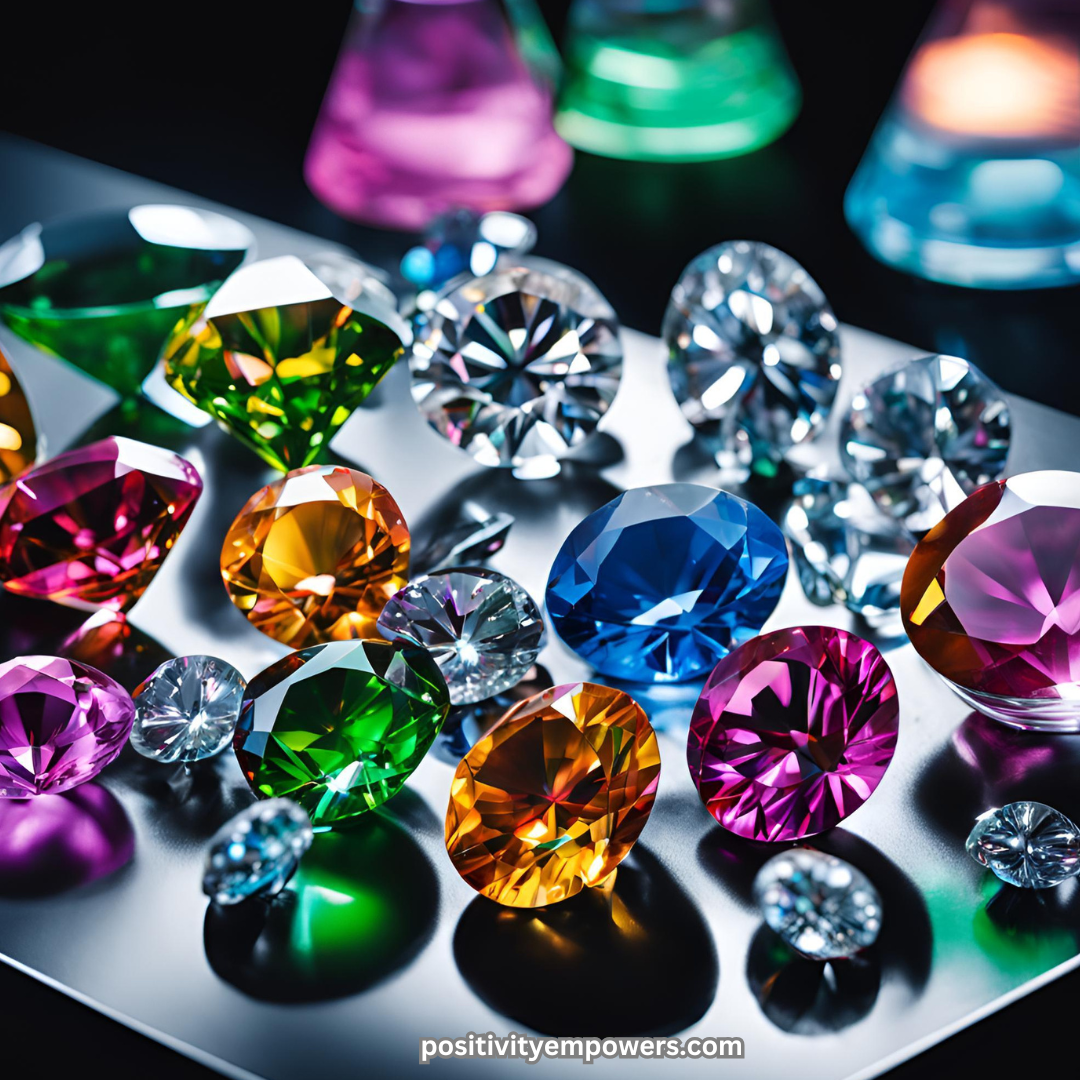
How Are Lab Grown Diamonds Made?
They are created using two primary methods:
- High-Pressure High-Temperature (HPHT): This process mimics the intense heat and pressure conditions that naturally occur deep within the Earth’s mantle. A carbon seed is exposed to extreme heat and pressure to form a diamond.
- Chemical Vapor Deposition (CVD): In this method, a diamond seed is placed in a chamber filled with carbon-rich gas. The gas is ionized, causing carbon atoms to bond to the seed and gradually form a diamond crystal layer by layer.
Both processes result in diamonds that are virtually indistinguishable from natural diamonds, even under expert scrutiny.
How Are Lab Grown Colored Diamonds Made?
Lab grown colored diamonds are created using the same HPHT and CVD processes as colorless diamonds, but with the addition of specific elements during growth to produce vibrant hues. For example, introducing nitrogen results in yellow diamonds, while boron creates blue diamonds. Irradiation and high-temperature annealing can also be used to enhance or create colors after the diamond is formed. This controlled approach allows for a wide range of vivid and unique colors, offering a stunning alternative to naturally colored diamonds.
Why Choose Lab Grown Diamonds?
They are gaining popularity for several reasons:
- Affordability: They are 20-40% cheaper than natural diamonds of comparable size and quality, making it easier to afford larger or higher-quality stones.
- Ethical Sourcing: Lab-grown diamonds avoid the environmental and ethical concerns sometimes associated with natural diamond mining.
- Customizability: Their controlled production allows for precise customization of size, color, and clarity.
Are There Any Drawbacks?
Their main downside is their potential for lower resale value. Because they are easier to produce, they may not retain the rarity and long-term value of their natural counterparts. This is important to consider if you’re viewing a diamond as an investment.
Natural Diamonds – A Timeless Classic
Natural diamonds have captivated humans for centuries with their unparalleled brilliance and deep historical significance. Formed billions of years ago under intense heat and pressure deep beneath the Earth’s surface, these gemstones are a true testament to the wonders of nature.
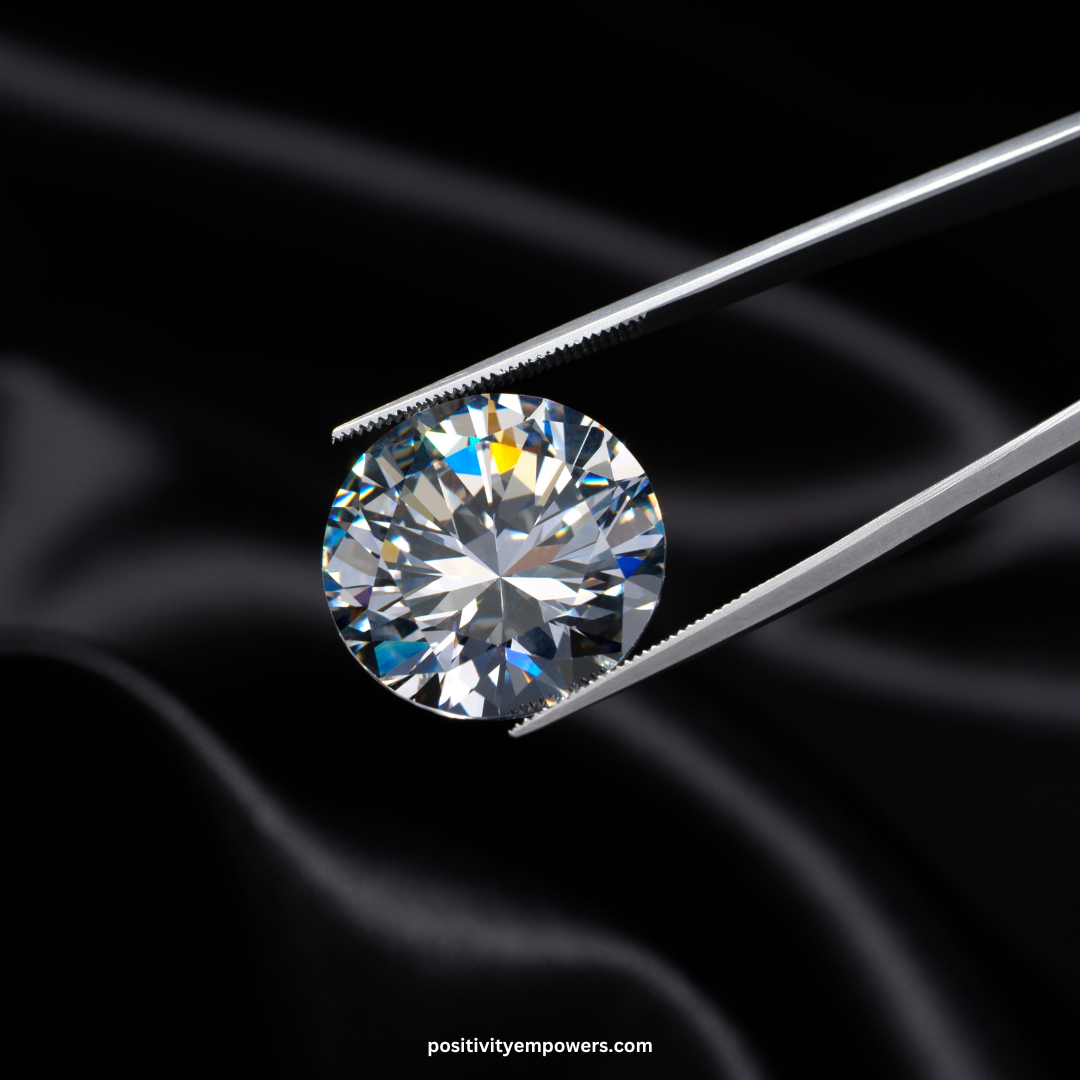
The Formation Process
Natural diamonds are created when carbon atoms crystallize under extreme pressure and heat within the Earth’s mantle. Over time, volcanic activity brings these gemstones closer to the surface, where they are mined and polished to perfection. This lengthy formation process is part of what makes natural diamonds so rare and valuable.
Natural diamonds are often preferred for their:
- Rarity: Each natural diamond is unique, with its own set of inclusions that tell the story of its formation.
- Symbolism: Many people associate natural diamonds with tradition, love, and commitment, making them a classic choice for engagement rings and heirloom pieces.
- Value Retention: Natural diamonds tend to hold their value better over time, thanks to their rarity and the enduring demand for authentic gemstones.
Are There Any Drawbacks?
The primary concerns with natural diamonds are their higher cost and the potential ethical and environmental impacts of mining. While many companies now adhere to strict sourcing standards, concerns about conflict diamonds and ecological disruption still influence some buyers.
The Key Differences of Lab Grown Diamonds
Appearance and Quality
Lab grown diamonds are virtually indistinguishable from natural ones. They share the same clarity, cut, color, and carat weight possibilities. The only difference is their origin.
Cost and Affordability
One of the biggest advantages of lab grown diamonds is their price. They tend to be more affordable for the same quality because of the controlled production process. You can often get them 20-40% cheaper than natural ones of the same size and quality. This price difference makes them an attractive option for budget-conscious buyers. Instead of a 1 carat natural, you can opt for a 3 carat grown. That’s quite the difference!
Ethical and Environmental Considerations
Lab grown diamonds are considered more ethical because they don’t involve the environmental disruption or human rights concerns sometimes associated with natural diamond mining. For those who are eco-conscious, choosing them is a way to enjoy the beauty of a diamond without the environmental footprint.
Drawbacks
Despite their many benefits, they do come with one downsides that you should keep in mind. Natural diamonds have historically held their value better than lab ones. Since lab grown diamonds are easier to produce, they are generally more affordable. However, they may not be seen as rare, which can affect their resale value over time. Obviously, this would only matter if you planned on reselling them.
Final Thoughts
In the end, the choice between natural and lab grown diamonds is a personal one that depends on what matters most to you. Lab-grown diamonds offer affordability, ethical sourcing, and a smaller environmental impact, making them an attractive option for those prioritizing sustainability and cost. On the other hand, natural diamonds carry a sense of rarity and tradition, which can add sentimental value to special moments.
Whether it’s price, ethics, or tradition driving your decision, there’s no wrong choice—just the one that best aligns with your values. Both options offer the opportunity to own a beautiful diamond that symbolizes love and commitment, ensuring it will be cherished for a lifetime.

